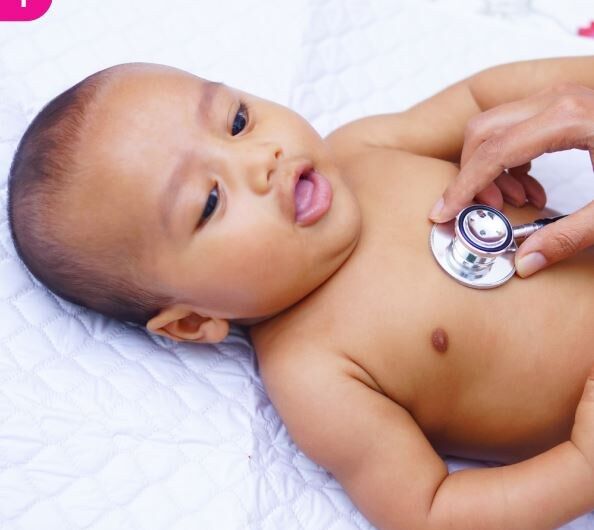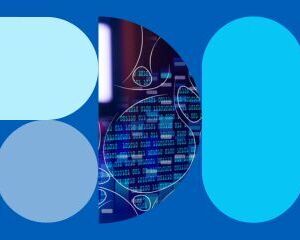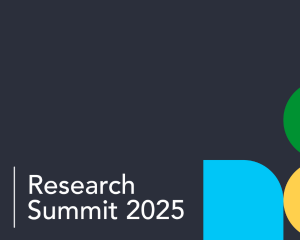
WGS at Birth: Genomic Data, A Resource from Cradle to Grave?
Date
Location Online
A free-to-attend online event about whole genome sequencing at birth, asking about the implications of storing genomic data throughout a person's lifetime.
This event is produced by the Progress Educational Trust (PET), in partnership with Genomics England and its Newborn Genomes Programme.
The event will be chaired by Sarah Norcross, with speakers including Professor Felicity Boardman, Dr Mavis Machirori, Catherine Joynson, Sabine Starr and Phil Booth.
Genomics England's Newborn Genomes Programme will explore – in an ethics-approved research pilot, due to be embedded in the NHS – whether and how whole genome sequencing might, in future, be offered routinely for newborn babies in the UK.
If whole genome sequencing were offered routinely in this way, then a person's genome sequence could be stored – and could be repeatedly studied – throughout that person's entire lifetime.
At this event, experts and advocates will address questions including:
- Is it feasible to think about a newborn baby's whole genome sequence as a secure resource, that can be of ongoing benefit to that person once they reach adulthood? How can we ensure that this genomic data is, and remains, secure?
- How should the transition be managed, between the time when parents must make decisions about their child's genomic data, and the time when their child can start making decisions for themselves? What lessons can be drawn from other areas of health and care?
- In what circumstances is it useful and appropriate to reanalyse a whole genome sequence that has previously been analysed? What new discoveries might be made? How, when, and by whom will it be decided that a particular person's genome should be reanalysed?
- What is the role of patient choice in these matters? If a patient's whole genome sequence is stored and (re)analysed, what might be the impact on that patient's clinical care?
- How might someone's understanding of and wishes concerning their genome change, throughout their lifetime? What can be done to anticipate and respect this?
If discussing this event on social media, please use the hashtag #GenomicsConversation
If you are a journalist and are interested in reporting on this event, please email [email protected] with any queries.
| Attendees will not be audible or visible during this online event, but will still be able to put questions and comments to the speakers and chair, via a Q&A tool within Zoom Video Webinars. |


